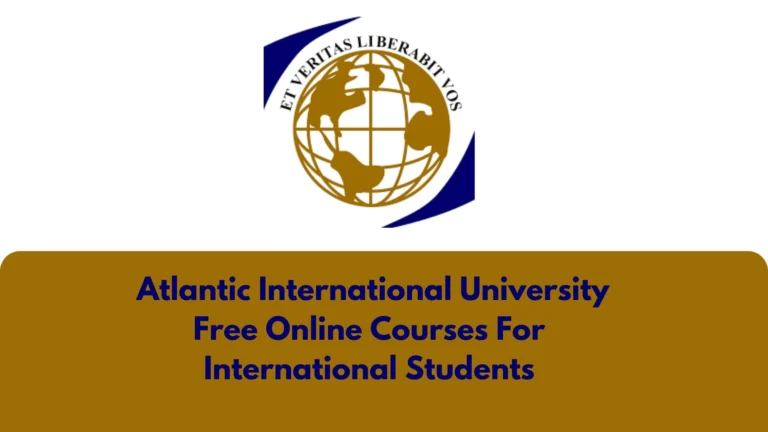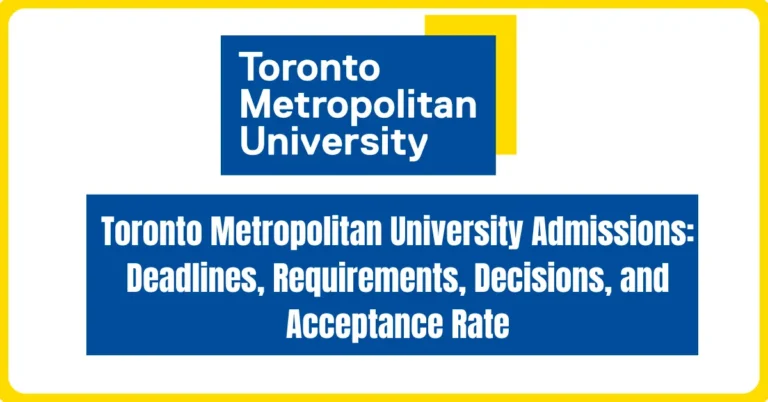BS in Psychology in the Philippines
Bachelor of Science in Psychology (BS Psychology) is a 4-year program in the Philippines that deals with how humans think and behave. This BS in Psychology in the Philippines is designed to help you observe human behavior through the scientific method, allowing you to access and explore the depths of human psychology.
You will acquire the knowledge, tools, and skills needed to evaluate and conduct empirical research on individual and group behavior through the lens of various psychological theories and concepts. A BS in Psychology in the Philippines prepares you for general careers in teaching, research, consulting, and human resources. It can also form the basis of further studies in medicine, guidance and counseling, human resource development, and law.
By taking this BS in Psychology in the Philippines course, you will learn how to administer and interpret various tests, such as a person’s intelligence (IQ test), skills (aptitude tests), and personality (personality testing); And how you can apply your findings to different settings such as education, business, and public service. It is very similar to the Bachelor of Arts in Psychology, except for an additional natural science option that you can take to prepare for it. A career in medicine or research.
Strands for senior high school
The Humanities and Social Sciences (HUMSS) strand under the Academic Track is recommended for students interested in a BS in Psychology in the Philippines. The curriculum focuses on human behavior, literature, education, politics, the liberal arts, and society. The HUMSS strand will cover relevant topics that can be further discussed in their college lectures.
Subjects and Curriculum
- Abnormal Psychology
- Personality Theories
- Clinical Psychology
- Psychological Statistics
- Cognitive Psychology
- Research in Psychology
- Social Development
- Psychological Statistics
- Developmental Psychology
- Personality
- Experimental Psychology
- Social Psychology
- Psychological Assessment
- Educational Psychology
- Current Issues in Psychology
- Industrial Psychology
- Physiological Psychology
- Sikolohiyang Pilipino
- Group Dynamics
- Psychology of Learning
- Biology
- Chemistry
- Physics
Schools offering Psychology & Behavioral Science courses in the Philippines
List of universities and colleges offering psychology and behavioral science courses in the Philippines. Whenever possible we provide full details about the courses at each school, including tuition fees, entry requirements, course descriptions, and admissions phone numbers.
Here is a list of BS in Psychology unique institutions:
- AMA Computer University – Quezon City
- Assumption College
- Ateneo de Manila University
- Cavite State University – Indang Campus
- Central Mindanao University
- Central Philippine University
- Centro Escolar University
- Centro Escolar University – Makati Gil Piot
- De La Salle Araneta University
- De La Salle Lipa
- Far Eastern University
- ICCT Colleges Kenta
- Isabella State University
- La Salle University Ozamiz
- Manuel S. Enorga University Foundation
- Mapúa University
- Mindanao State University-Main Campus
- University of Masams
- New Era University
- Philippine Normal University
- Philippine Women’s University
- Saint Mary’s University
- University of San Beda
- Southern Luzon State University
- Saint Louis University
- Saint Paul University Quezon City
- St. Scholastica’s College
- National Teachers College
- UP Diliman – Pampanga Extension Program
- University of Manila
- Caloocan City University
- University of Makati
- University of Rizal System – Tanay Campus
- University of San Agustin
- Saint La Salle University
- University of the Immaculate Conception
- University of the Philippines Cebu
- University of the Philippines Diliman
- University of the Philippines Manila
- University of the Philippines Visayas
Admission requirements
Qualifications
- The applicant must be a high school graduate.
If the student does not graduate from high school. So they must pass the Alternative Education System (ALS) and the Philippine Educational Placement Test to qualify for college. Depending on the university, PEPT passers can take courses.
- Students must clear the university’s college entrance test.
Basic needs
- Form 138 – High School Report Card (Original & Photocopy)
- Letter of recommendation from high school principal and guidance counselor
- Up-to-date medical and dental health records
- Copy of NSO attested birth certificate
- Certificate of Good Conduct
- Copy of honorable discharge
- Copy of high school diploma
- (1) Latest 2”x2” ID photograph
Program outcome
Graduates of a BS in Psychology are expected to be able to:
- Discuss and analyze important theories and concepts of psychology.
- Apply psychological research methods.
- Demonstrate the application of psychological theories and methods in professional and personal settings.
- Demonstrate the ability to self-reflect and learn independently.
- Living with ethics in practicing psychology
- Build harmonious relationships with colleagues and clients in a diverse cultural environment.
- Conduct psychological assessments and evaluations.
On-the-job training/internship
During the fourth year of the program, students are required to attend on-the-job training (OJT) in the human resource department, academic and research institutions, and medical facilities.
Allows students to use their knowledge and skills in a real work setting. Universities usually require them to submit a written portfolio of their work-learning experience and hours of work offered. Their immediate managers do the necessary evaluation of their work performance and present it to their respective OJT coordinators. The number of required hours varies in each university.
Board Exam
To become a registered psychometrician in the Philippines, a graduate of BS in Psychology must pass the Psychometric Licensure Examination. The Board of Psychology administers the examination under the supervision of the Professional Regulation Commission (PRC).
Career opportunities
Graduates of a BS in Psychology in the Philippines can pursue career paths in human resources departments, academic and research institutions, and medical facilities. They may apply to human resources associates, training and program associates, community and program developers, rehabilitation specialists, researchers, or educators.







